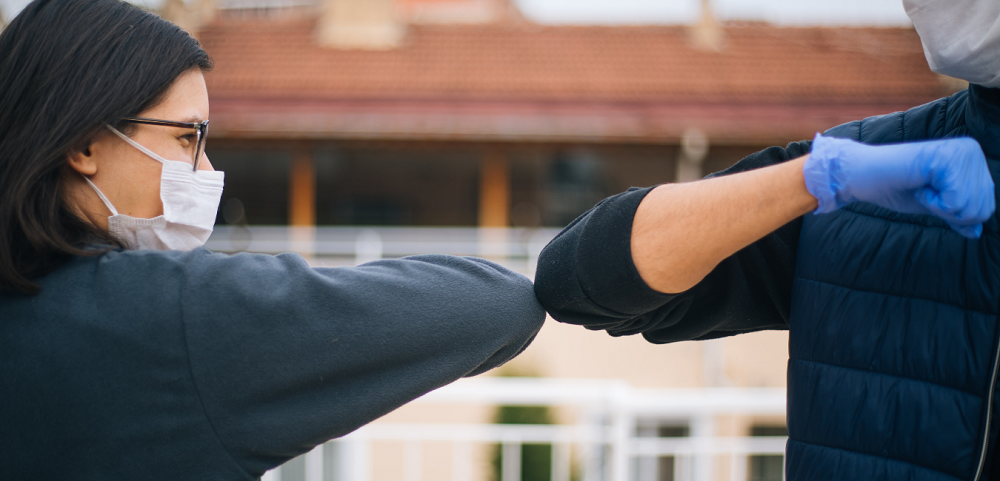Curfew and other regulations in everyday life that are focused on limiting the spread of virus and prevention still remain topical. After the end of critical second wave, regulations set in force by the government throughout Georgia are gradually lightened, but curfew after 9 p.m. still remains as a painful topic for Tbilisi residents among restriction of the movement of public transport on holidays and online format of educational institutions.
After severe epidemiological situation, virus outbreak and increased death rate as well as high pressure on the healthcare system that occurred during the second wave, the government does not hurry to completely lighten regulations set in force.
ACT conducted another interesting research on this topic covering the residents of Tbilisi. As a result of the study, it turns out that as assessed by Tbilisi residents, in the process of managing epidemiological situation the government is not completely effective, particular criticism came from 18-34 year-old residents of the capital city, their assessment of the government’s effectiveness is 5.25 on 10-point scale. In addition, every second (51%) respondent from this age group believes that the measures taken by the government are too strict compared to the severity of the epidemiological situation.
Loyalty of citizens in assessing effectiveness of the government in managing the pandemic situation increases along with the age, 55+ Tbilisi residents believe that the government effectively manages epidemiological situation (6.12) and measures taken by the government are relevant to the epidemiological condition. Overall, Tbilisi residents rated effectiveness of the government with 5.75 points, while opinions split when assessing the strictness point – almost half of respondents (45%) believe that measures taken by the government are relevant, while the other part (43%) declare that measures are too strict compared to the severity of situation. This assessment does not coincide with Georgia’s rating on the Oxford Coronavirus Government Response Tracker, where the country is on the second step (75-85) of strictness on 100-point scale.
What do Tbilisi residents believe is the most important regulation in the process of fight against the pandemic and which regulation is the hardest to fulfill for them?
As believed by inquired respondents, top three most important regulations against the pandemic are: 1. Restriction of entertainment and cultural events and ceremonies (6.56), 2. Restriction on international flights (6.50) and 3. Restriction on visiting restaurants and food places (6.32). The picture is different for different generations – in 35-55 age group, restriction on visiting restaurants is replaced by the curfew, in addition, this regulation appeared to be lighter than others for 55+ Tbilisi residents, while the most painful regulation is restriction (6.06) of public transportation.
Residents in 34-55 age group believe that the hardest regulation is closure of kindergartens, schools and universities and switching to online format, because logically, number of parents is prevalent in this generation who have to personally cope with this regulation. This generation also painfully perceive restriction on international flights which is also explained by active travelling. Among all the regulations set in force by the government, millennials name regulations associated with socialization as the most important restriction, this imply restriction of entertainment and cultural events, international flights and visiting restaurants.
The study clarifies that youth agrees with parents’ generation on restriction of study process at educational institutions and also are disappointed because of the curfew which is related to active night life lived by this generation. In addition, 18-34 year-old youngsters perceive the said regulation as less effective in the fight against the pandemic similar to restriction of domestic transport and winter resorts in the winter. Such attitude demonstrates that young people do not perceive those three regulations as effective and have high expectations they will be abolished soon. They think that in active fight against the pandemic, it is important to set regulations on entertainment and cultural events, international flights and educational institutions.
The government of Georgia already announces additional relieve of restrictions, presumably, the country’s index on Strictness Tracker will change from March.
The inquiry was conducted through random sampling with 414 adult residents of Tbilisi on February 16-18 of 2020. Utilized method – telephone interviewing. Statistical error of data does not exceed 4.9%.






